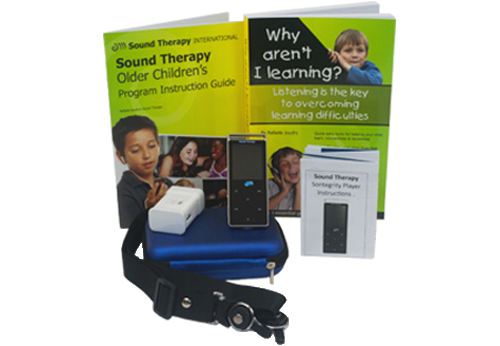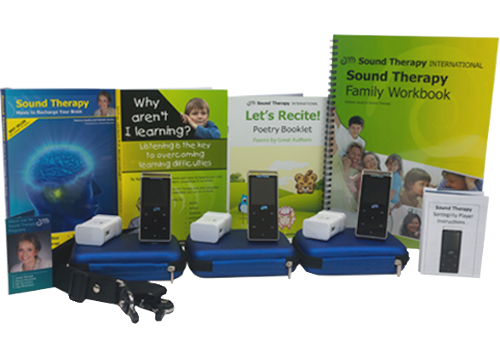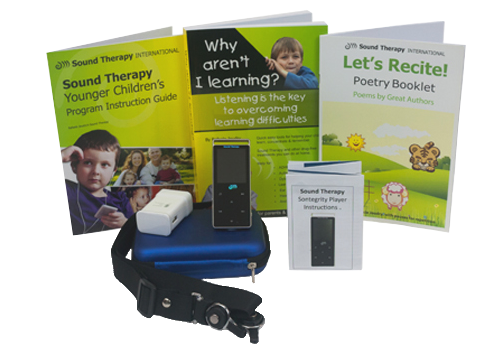Information sheet
- Home
- Information Sheets
- Auditory Processing and Sound Therapy
Article Summary
- Auditory processing refers to the way the brain deals with sound. While it is the job of the ear to bring in the sound signal, it is the job of the brain to make sense of it.
- Good auditory processing requires speed, accuracy, attention and memory. Difficulty with decoding or noticing the finer points of sound signals can interfere with this process and cause communication and learning difficulties.
- An auditory processing problem is different to a hearing problem, and requires testing by a learning difficulties specialist. An auditory processing problem is often a factor in many different kinds of learning difficulties.
- Sound Therapy is an effective treatment for auditory processing problems, as it works directly on ear-brain integration to enhance auditory processing.
- Sound Therapy is an easy intervention that can support other forms of treatment. Of particular note, Dr Tomatis identified that Sound Therapy improves auditory processing by enhancing right ear dominance and increasing high frequency sound perception.
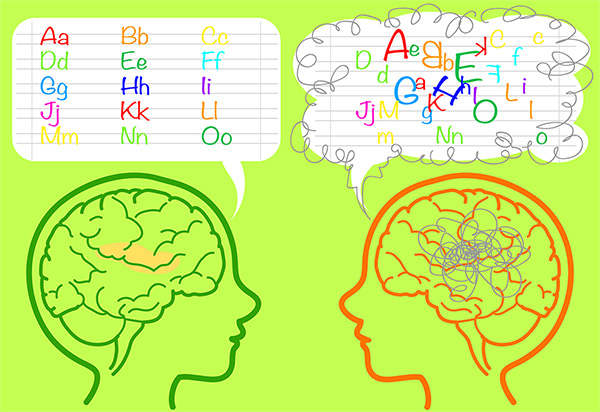

What is Auditory Processing?
Auditory processing describes how we pay attention to sound and how the brain interprets the sounds we hear, and is defined as the ability to 'hold, sequence and process' auditory information.
Most of us hear far more than we are aware of. We may not notice a ticking clock or dripping tap, for example, until someone draws our attention to it. This is because, while hearing is a function of the ear, listening – paying attention – is a function of the brain.
The ear and brain communicate with each other, like two people having a conversation on the phone. If there is interference on the line, such as the signal cutting in and out, a time delay or background noise, the message may be confused. Similarly, good auditory processing requires a clear, high speed information transfer between the ears and brain.
We must be able to decode auditory signals (sounds) as they are delivered, then integrate these with other environmental cues and organise it all in a meaningful way. It requires a strong attention span, a good memory, and sensitivity to the many subtleties of sound. Without these abilities, our relationships, learning and development can all be challenged.
What is Auditory Processing Disorder?
Auditory Processing Disorder (APD) describes the inability to process the meaning of sound. This condition may be present from early childhood, and can lead to a number of difficulties as the child reaches school age, where language and learning demands become more complex. An auditory processing disorder can also develop in adulthood as a result of stress or other health factors. APD is also known as central auditory processing disorder (CAPD).
How to identify an Auditory Processing Problem
Even when hearing is normal, an auditory processing disorder may still exist. Auditory processing problems are often a factor in other disorders, such as ADHD, autism, dyslexia, learning disabilities, dyspraxia, Asperger's syndrome, and speech problems.
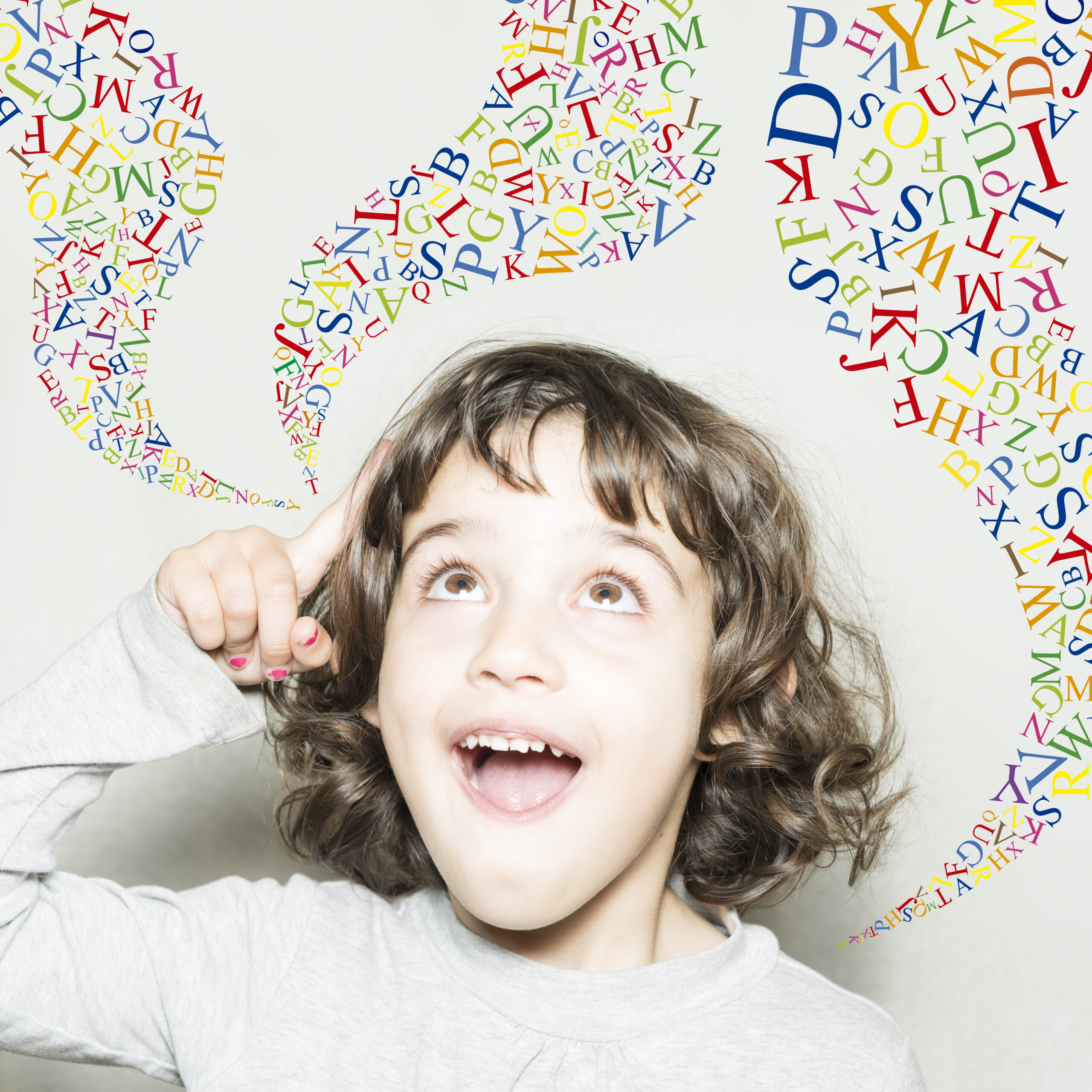



The indicators of Auditory Processing Disorder
People with APD will display some of the following signs:
- Delayed language development
- Poor listening ability
- Difficulty conversing on the phone
- Difficulty hearing in a noisy room
- Trouble in sequencing the sounds of words
- Difficulty perceiving high frequency sounds: 't', 'f' 's', 'k', 'p', 'th', 'sh'
- Confusion with similar sounds: e.g. 'da' and 'ba'
- High distractibility, with a short attention span
- Poor speech comprehension, often asking 'What?'
- Poor memory and inability to follow directions
- Difficulty in expressing desires, often blaming the other person for not understanding
- Academic problems, particularly in spelling, reading or comprehension
- Difficulty pronouncing complicated words
- Behaviour problems and social difficulties
How Sound Therapy May Improve Auditory Processing
Sound Therapy draws on neuro-physiological discoveries by scientists such as Stephen Porges and Dr Alfred Tomatis, and is an important treatment for auditory processing that works directly on improving the entire auditory system, from the ear to the brain.
Research has shown that our sensory systems can be enhanced through stimulation, and Sound Therapy exposes the ear to specific patterns of highly filtered sound to strengthen neurological pathways and train the ear to listen more accurately. Performance of the language centre in the left brain is also enhanced by increasing the stimulating input to the right ear.
Start Getting Relief Today
Click here to choose your package






